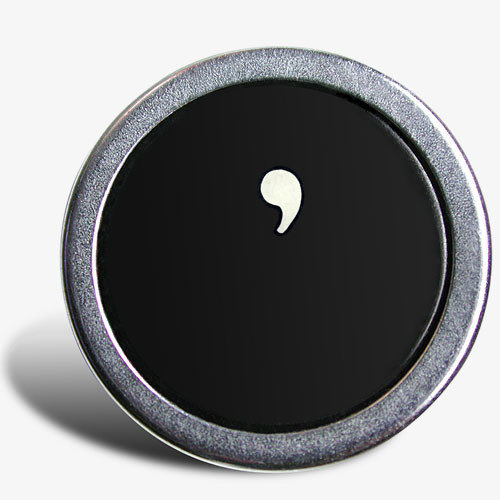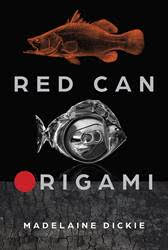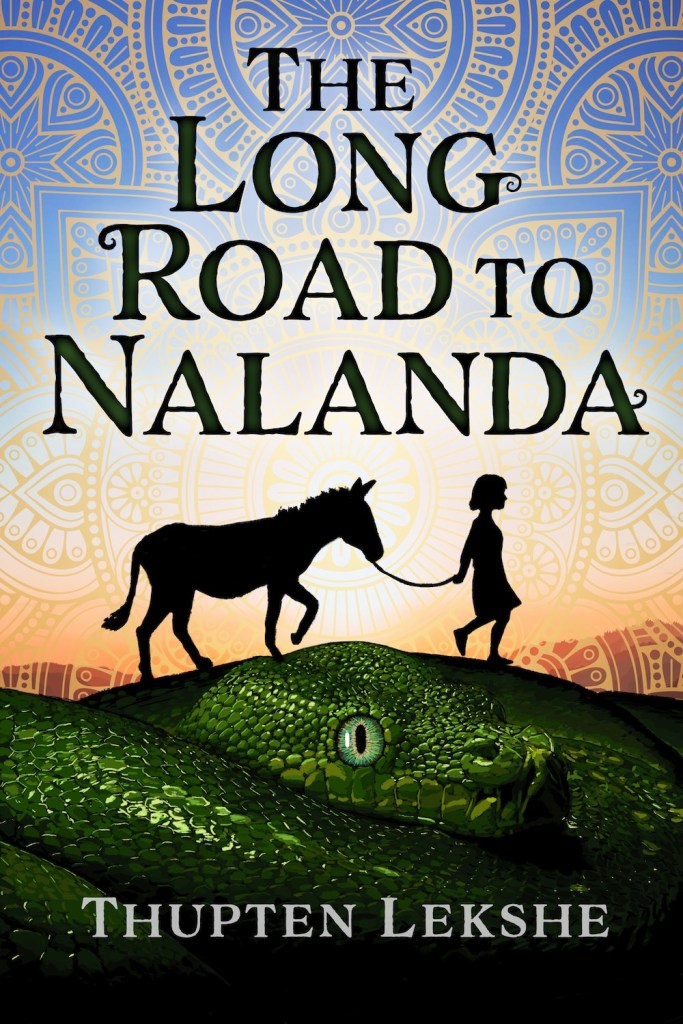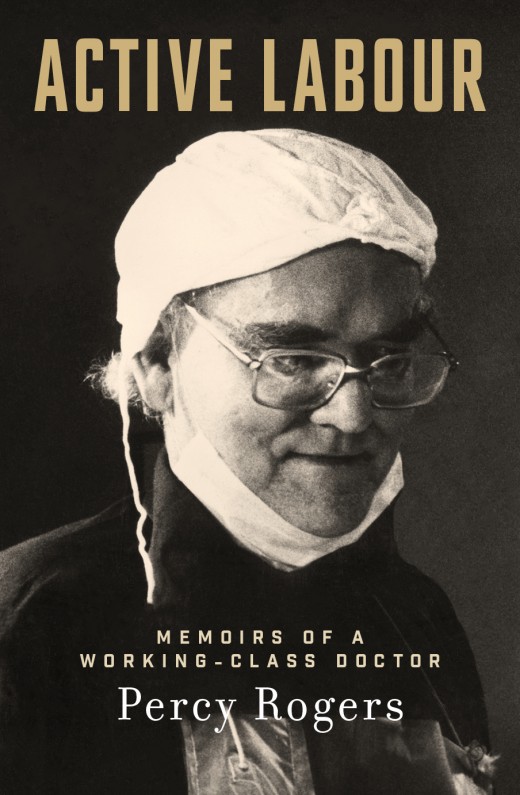In the English language, the apostrophe has a lot to do with possession and omission. Its (not It’s!) misuse in punctuation is a hot topic . . . for editors and proofreaders, and anyone else who cares. The trend today is to say or write something in the briefest way possible—social media has made sure of that. So using the apostrophe to replace an omitted letter or letters in a word (don’t, couldn’t, cont’d) is not only widely accepted, it’s (it is) even becoming increasingly acceptable to leave out the apostrophe altogether (dont, couldnt, contd). Gone fishin’ would just be gone fishin. What think’st thou?
The use of the apostrophe to show possession with a singular noun is basic stuff: an apostrophe is inserted plus the letter s (the artist’s palette, Oscar’s bone). But when it comes to common nouns that end in the letter s (bus, glass, brass) and proper nouns (Harriet Harris, Athens, Christmas), there are conflicting grammar rules about how to show possession when writing such nouns.
Harriet Harris’ recital or Harriet Harris’s recital
This may help:
“A competing rule has it that names consisting of one syllable always take an apostrophe s (Burns’s), whereas those of more than one syllable take only the apostrophe (Dickens’) . . . Given this confused situation, the most straightforward course of action is to add apostrophe s to any name ending in s, however long or short it is and however it is pronounced.” (Wiley Style Manual, p. 86)
I change my mind regularly, and my choice often depends on how the word looks. So there is no right way; the best advice I should give myself is to choose one way and stay consistent. I tend to be minimalist so I don’t usually add the s after the apostrophe.
If the ‘possessive’ belongs to more than one person, only add an apostrophe to the last person in the grouping.
Brown and Green’s paintings of the war in Iraq.
Using the above example, if Brown and Green painted separate paintings of the same subject, then each name would take an apostrophe:
Brown’s and Green’s paintings of the war in Iraq.
Curiously, possessive pronouns such as its, hers, yours, ours, whose and theirs never have an apostrophe before the s.
Plural and collective nouns not ending in s also take an apostrophe s.
children’s books (not childrens’ books)
women’s rights (not womens’ rights)
Place names and companies such as Kings Cross and Bakers Delight don’t need an apostrophe s (Kings Cross is not King’s Cross or Kings’ Cross). The same applies to generic phrases that are descriptive such as travellers cheques or someone’s drivers licence.
Even though it was previously the norm to add an apostrophe, these days there are no apostrophes in expressions of time that denote more than one day, week, month or year (probably because the sense of these phrases are considered to be more descriptive than possessive).
in two weeks time
two days work
But if the reference is singular, use the apostrophe.
A month’s holiday
However, Simon Heffer (Simply English: An A to Z of Avoidable Errors) still advocates the use of an apostrophe, as in ‘it was two years’ work’, arguing that it means ‘the work of two years’. On the other hand, he explains that phrases such as ‘she was eight months pregnant’ denotes that ‘eight months’ is used adjectivally.
There are no apostrophes in the plural form of acronyms.
NGOs
MPs
URLs
Heffer, and the Wiley Style Manual, promote the use of an apostrophe in the plural references to letters of the alphabet “for the sake of clarity”:
“If one is writing about examination grades one has no difficulty with Bs, Cs or Ds; but when writing about As one may be thought to be writing about the word as. So for consistency’s sake, I would counsel in favour of the usage A’s, B’s, C’s and so on, to avoid ambiguity . . .” (Heffer, p. 45)
Two things that really get my goat . . .
- Using apostrophes to indicate the plural.
For example,
carol’s by candlelight, falafel’s in salad wraps
Simply, all that’s needed is an s at the end of the word.
carols by candlelight, falafels in salad wraps
Nor are there apostrophes in decades.
the 1960s (not the 1960’s; although, an apostrophe would be added if it was abbreviated to the ‘60s).
- Confusing its and it’s
There is a difference! As mentioned above, ‘its’ indicates possession, whereas ‘it’s’ indicates a contraction or omission, and means either ‘it is’ or ‘it has’.
It’s (it is) a starry night.
The cat drank its milk.
Elementary dear reader?






